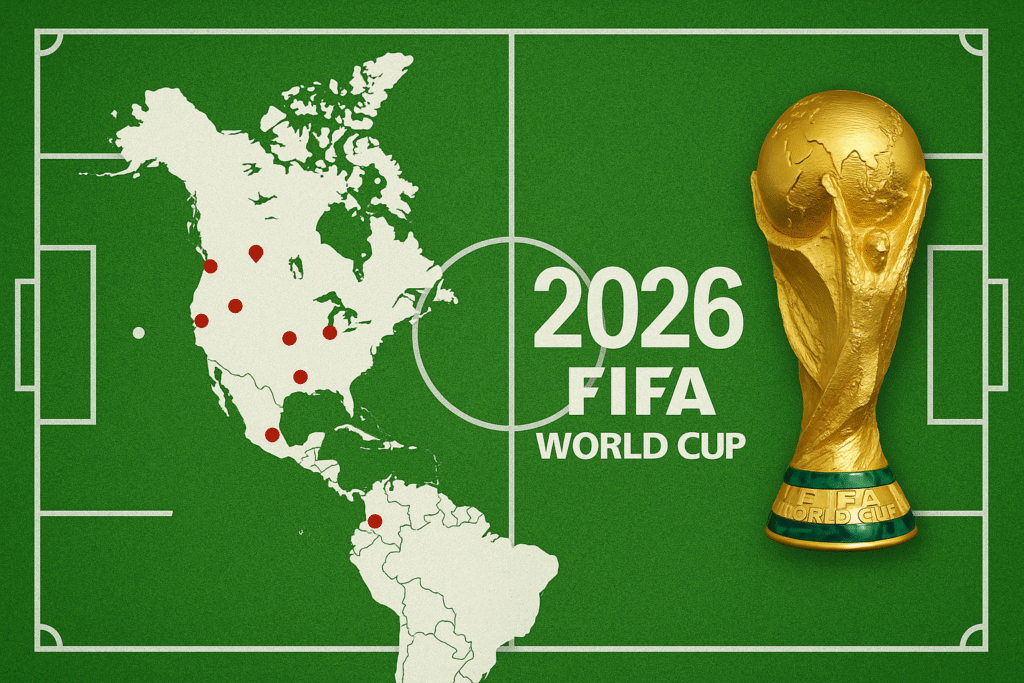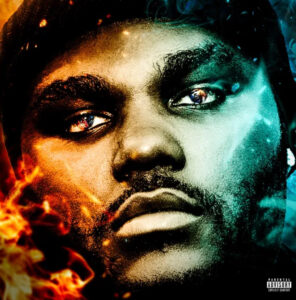MIAMI — In what amounts to a vote of confidence in the upcoming tournament, FIFA announced Thursday that more than 1 million tickets have already been sold for the 2026 World Cup in the United States, Canada, and Mexico.
Even at this early juncture, the figures point to high global demand and intense fan interest — remarkable considering that only 28 of the 48 participating teams have been confirmed so far.
wide reach
FIFA said that ticket buyers so far represent 212 countries and territories. Unsurprisingly, fans within the three host nations — U.S., Canada, and Mexico — led the demand. Beyond that, the top non-host markets include England, Germany, Brazil, Spain, Colombia, Argentina, and France.
“This milestone is proof that the most ambitious and inclusive FIFA World Cup ever is generating huge global excitement,” FIFA President Gianni Infantino said in a statement.
how the tickets were sold
The ticket sales so far stem largely from the Visa presale phase, which opened in mid-September and ran through a lottery system. Around 4.5 million people applied to purchase tickets during that window. The winners of the lottery were notified and allotted time slots beginning October 1 to make ticket purchases.
FIFA said approximately 1 million tickets were available during that Visa presale draw phase.
Further ticket phases are planned. The next public sales phase is set to begin October 27, offering individual match tickets, team-specific packages, and venue packages.
After the final tournament draw (scheduled for December 5), a third phase of random selection draws will allow fans to purchase tickets for matches once the group stage lineup is known.
FIFA also plans to offer tickets on a first-come, first-served basis closer to the tournament, though availability will depend on prior sales and allocations.
pricing
One of the innovations this time around is the use of dynamic pricing — ticket prices will fluctuate based on demand.
At the outset, the lowest-priced tickets (for group stage matches) are $60. At the upper end, premium seats for the final and top matches could reach $6,730 (or more under dynamic pricing).
When ticket sales opened, some high-demand match tickets already saw resale listings at tens of thousands of dollars — for example, one listed price for the U.S. opening match neared $61,000 on a resale platform.
To curb unauthorized resales and profiteering, FIFA has launched an official resale platform. The organization emphasizes that tickets should only be purchased via official FIFA channels; fans are being cautioned to avoid third-party sites claiming to sell tickets already.
Still, the pricing strategy has drawn criticism from consumer and fan groups. Some view it as overly opaque or exploitative, likening it to surge pricing in the travel industry or a means to price out average supporters.
the scale and stakes
The 2026 World Cup will be the largest in the tournament’s history, with 48 teams (up from 32) and 104 matches across 16 host venues in three countries.
Based on estimated stadium capacities and attendance figures, there are roughly 7.1 million seats available across the 104 matches. It is not yet clear how many of those seats are allocated for general public sale versus teams, sponsors, VIPs, media, or other stakeholders.
By comparison, the 2022 Qatar World Cup sold around 3.4 million tickets; the 2014 Brazil edition sold about 3.1 million. FIFA projects that the North American edition could surpass 5.5 million tickets sold in total over all phases — potentially setting a new tournament record.
what it means for fans & the tournament
Crossing 1 million tickets sold so early gives FIFA and the local organizing committees momentum and financial assurance — it signals that demand is not in question. It also allows hosts to calibrate logistics, transportation, security, and fan services with better lead time.
For fans, especially those considering attending, this is both a warning and an invitation: secure tickets early, prepare travel and lodging now, and be alert to future sales phases. Ticket availability in later stages might be more constrained, and prices may climb with demand.
From a broader perspective, the milestone underscores the growing global appetite for soccer in North America. The 2026 World Cup is being positioned not only as a sporting event but as a cultural and economic juggernaut — one that could reshape perceptions of soccer in the U.S., Canada, and Mexico for decades to come.
No comments yet.








